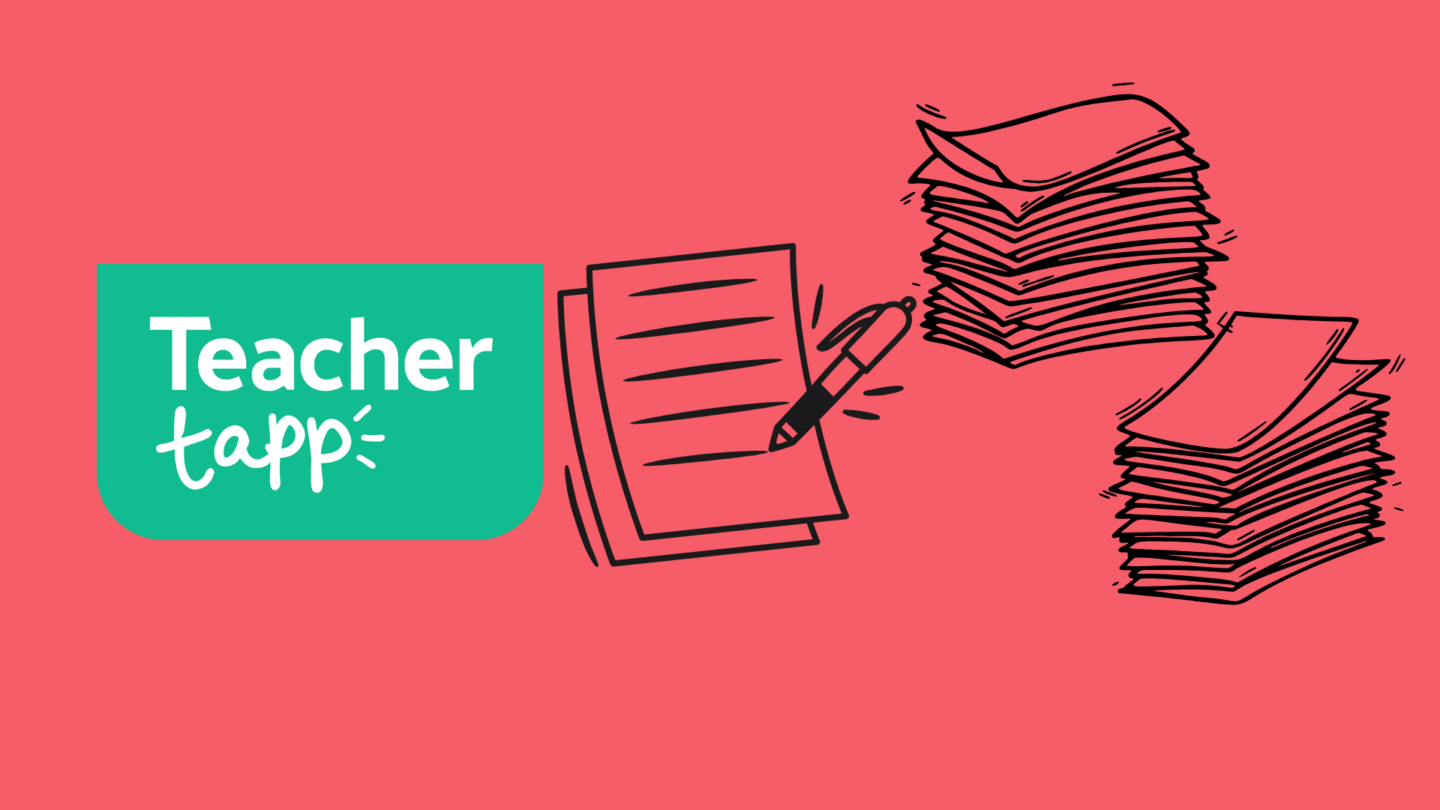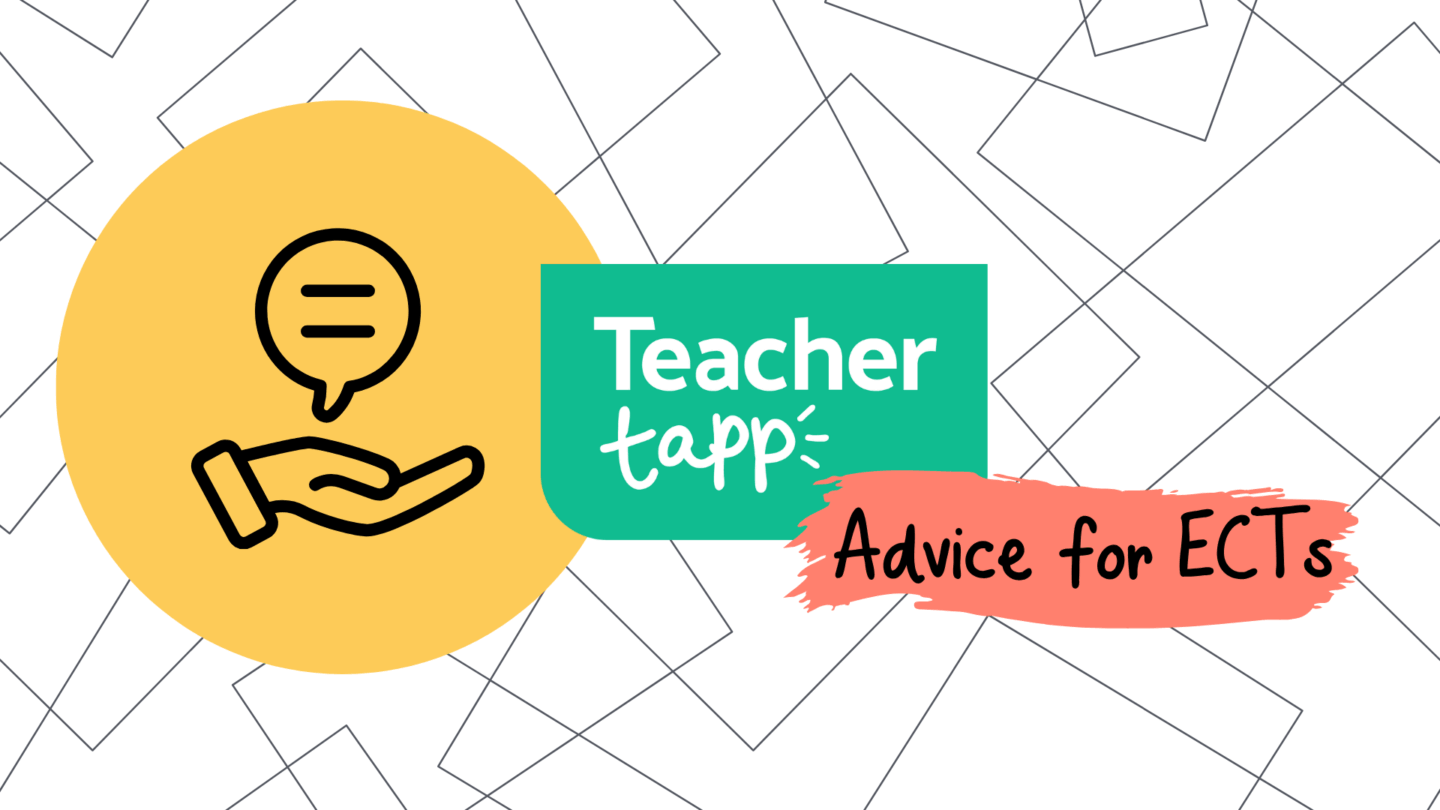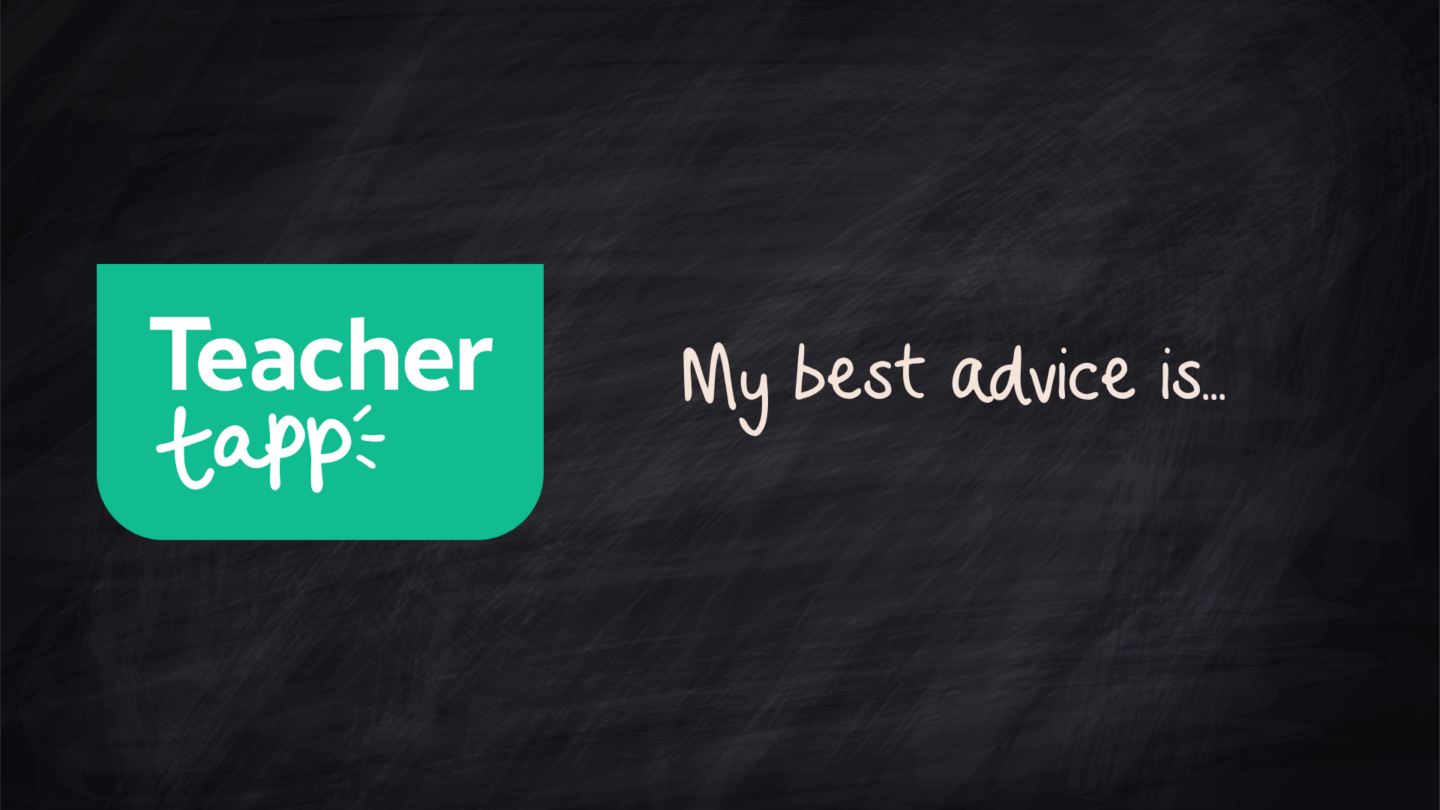Folks, it’s nearly Christmas!
https://giphy.com/gifs/christmas-ugly-sweater-HBMCmtsPEUShG
We’ve been getting into the Christmas spirit at Teacher Tapp by writing seasonal questions and worrying about Nativity Determinism(more on that in a second).
A few things before this week’s results:
- We will be asking questions over the Christmas holiday. Including on Christmas Day. We’ve no idea how many people will answer but we’re excited to find out! Questions will be Christmassy and – don’t forget! – every one you complete this month gives an entry into our book giveaway raffle at the end of the month. Answering questions while nanna snoozes has never been more lucrative!
- We had over 1,440 daily users this week – a new high-mark! Keep sharing with colleagues, friends, cousins at the Christmas table, etc…
Okay, onto the results…
1. Nativity determinism is real ? ????
Remember that glorious moment when you got the starring role in a nativity play and you knew, right then, your life was going to be special? No, us neither. But we hear it’s how people who get star roles feel. (*Gives side eye to girl playing Mary*)
But the teachers’ pets at 5-years-old also the ones who go on to become teachers? We looked to see what roles you all did in the nativity. (*Looks again for the Marys…*)

Angels are the most common role played by teachers, probably driven by so many teachers being female. (Though, as co-founder Alex pointed out the other day, it’s a bit strange how nativity angels are almost always women given that in the Bible they are all men).
The second most common role was narrator – presumably showing teachers’ early penchant for reading well and speaking LOUDLY AND CLEARLY.
Innkeepers were the most unlikely role of all. If you were the lady or lad with a lamp, you get a gold star for specialness.
But, how does your nativity role affect the rest of your life?

It seems that headteachers are much more likely to have been narrators, kings, or (get this) INNKEEPERS. See: unusual as a child, unusual as an adult. Maybe it’s something about being a leading light so young that goes straight to people’s heads? ?
Things might have been affected by gender, given how often ‘angels’ come up in the other positions (those big red blocks in the middle).
However, narrators can be either gender and yet headteachers are way ahead in those stakes too. Maybe they just have the LOUDEST and CLEAREST voices of them all?
https://giphy.com/gifs/loud-FS8764eWyDKSc
2. It’s A Mug’s Game
Continuing our quest to discover the most important facts about teachers’ lives, this week we turned our attention to: MUG THIEVES.
Every teacher knows the pain of having their mug swiped. Or so we thought….

Apparently 20% of you have never had a mug in school at all. This sounds deeply suspicious. As Teacher Tapp user audreym said: “Guys, how do you even teacher?”
Even more alarming, our analysis has revealed that 31% of primary teachers never brought a mug to school. ?

In secondary schools, meanwhile, there is deep, deep anguish as 37% of teachers have had a mug stole and never found the culprit. We can only imagine the building resentment.
However, our polling did achieve one Christmas miracle. Executive principal Stephen Tierney tweeted that he’d once had a cafetiere stolen but then, a day later…
As if by magic; faith in human nature restored. My cafeteria has been found 😁 pic.twitter.com/ybSgSG9upI
— Stephen Tierney FRSA FCCT (@LeadingLearner) December 12, 2017
TeacherTapp: bringing teachers, stats and coffee jugs together since 2017!
3. Religious Studies: should it be in the EBacc?
Lest you think it has been all Christmas japes at Teacher Tapp towers this week, fear not! We’ve also been looking at religious education and its place in the EBacc subjects. Famously left out since 2010, we wanted to know if you think GCSE RE ought to be let back into the fold?

As it stands, 39% of teachers would like to see it added into the EBacc subject groups, and a further 18% are happy for it to be added if the curriculum content were modified slightly.
But are these preferences dependent on people’s own religious beliefs?

As expected, non-religious teachers were least likely to support adding Religious Studies into the EBacc. Whereas Catholics were particularly in favour.
What about results by school type?

Teachers in Catholic schools were by far the most likely to support RS inclusion in the EBacc. (This is unsurprising as nearly all Catholic schools require pupils to do RS GCSE).
Oddly, however, teachers in Anglican schools had much lower rates of support. Lower, even, than teachers in non-religious schools.Why would this be?
One hypothesis was that primary teachers aren’t affected by the EBacc in the same way as secondary teachers, and so might not have strong feelings on it. Lots of primary schools are Anglican (around a quarter), so if primary teachers did feel differently this might skew the figures.
So we did a little check:

And, voila! Primary teachers were much more likely to report that they “didn’t know” if RS should be in the EBacc. Hence, many fewer firmly said ‘yes, it should’ be included and this is likely driving the lower acceptance rates in the graphs above for teachers in Anglican schools. Another example of blunt data giving a weird-but-explainable answer once we take into account other factors.
Conclusion: Including RS in the EBacc isn’t something everyone feels the same about!
4. Greening wants your opinions on QTS…
Education secretary Justine Greening this week opened a consultation on the way teachers get ‘Qualified Teacher Status’. In particular she wants to change the one-year in-school induction period to TWO years. In return, new teachers get an entitlement to support and training during that time.
The consultation is a bit vague on where the resources will come from for the training. It suggests new teachers have a 10% reduced timetable for an extra year and will do externally-accredited courses. But all this will cost. Hence, we decided to ask Teacher Tappers to tell us their opinion on the plan with additional cash AND without.
The answers were pretty clear:


If the 2-year QTS comes with extra training, most teachers are behind it (62%) ?. If it DOES NOT come with extra training resources then it’s a thumbs down from 90% of people ?
What about making teachers do a test?
Please note: there is nothing in the government consultation about making teachers do a written test.
BUT, a recent report by LKMCo & Pearson mooted the possibility that teachers should sit written exams before qualifying as a teacher. Seeing as the government is re-thinking QTS we decided to trial the idea on Teacher Tappsters.
Being blunt: they didn’t love the idea.


However, as Loic Menzies at LKMCo has blogged, it’s worth noticing the popularity of safeguarding as a key topic if a written test did go ahead. Given safeguarding training is mandatory, this might show a trend towards knowing specific legal points on safeguarding.
Loic also explores some other ideas about what this could mean here (a 4-minute read).
5. Retrieval is the new Mindset
As it’s the end of 2017 we decided to look back and see what the coolest new classroom practices were this year, aaaaand….

Retrieval practice or low-stakes testing dominated with almost half of teachers saying they had changed their practice after reading about them.
We know this sample is probably skewed. The Teacher Tapp tips pages have pushed retrieval practice blogs pretty hard. The same is true of interleaving and cognitive load theory. That around a third to a half of you have read about these topics and attempted to act on them is therefore somewhat expected, but does show the community is engaging with ideas in the tops and that’s super exciting.
It’s also a little scary. We take our responsibility to select tips really seriously, but it’s always slightly ? when you realise it’s influencing the world. So, please, keep giving us feedback whether on twitter or via email about the tips and what you’d like to see in there.
6. For every happy teacher…
Finally, as we head into the end of the winter term, we decided to check on overall sentiment of the profession.
Regarding current morale, the results looked encouraging: 42% of teachers have high or very high morale. (Only 30% had low or very low morale).
But are things GETTING BETTER or GETTING WORSE?

It was a tie! An oddly symmetrical tie. As many teachers said their moral was much higher as said it was much lower. For almost every teacher who said their morale was lower another said theirs was higher. It’s almost as if teacher morale is a zero-sum game!
Of course there will be variations across job role, phase, etc, and this is one for us to dig into in 2018 as we begin the next phase of Teacher Tapp development and growth. (Fingers crossed).
7. You are all total stars! ?
As it’s the end of term we just wanted to take another opportunity to say how much we’ve enjoyed learning from you this half-term and we hope you’ve learned lots too. Please keep answering over Christmas hols if you can. Or, if you can’t face it, do come and rejoin us next term. We’ve lots more things planned!
And don’t forget: if you want to suggest a question you can do so here (a 1-minute task) and if you would like to tell colleagues about us we have a colourful powerpoint (with script) or a 1-page black-and-white easy-print set of instructions
8. Finally, as ever, we know you love the weekly tips, so here are last week’s:
- Mini-whiteboards and new initiatives
- 10 things to stop doing now
- Memory
- 10,000 hour rule
- When retrieval practice and interleaving don’t go together
- Writing a textbook
- 101 reasons why lessons go wrong
*
Final nerdy fact of the day: Lots of people think it’s illegal to eat Mince Pies on Christmas Day due to old Cromwellian laws that were never overturned. It’s not true. The Law Commission published a list of myths and facts about laws here. It states that the only Christmas Day on which eating mince pies was illegal was in 1644. So there.
https://giphy.com/gifs/aardman-no-morph-aardman-animations-l0MYRzSu7PhMDZx4Y
**
Enjoyed this post and want to join our Teacher Tapp panel?
Sign up via the iPhone App Store or the Android App Store.
You can also check out more at www.teachertapp.com
*





